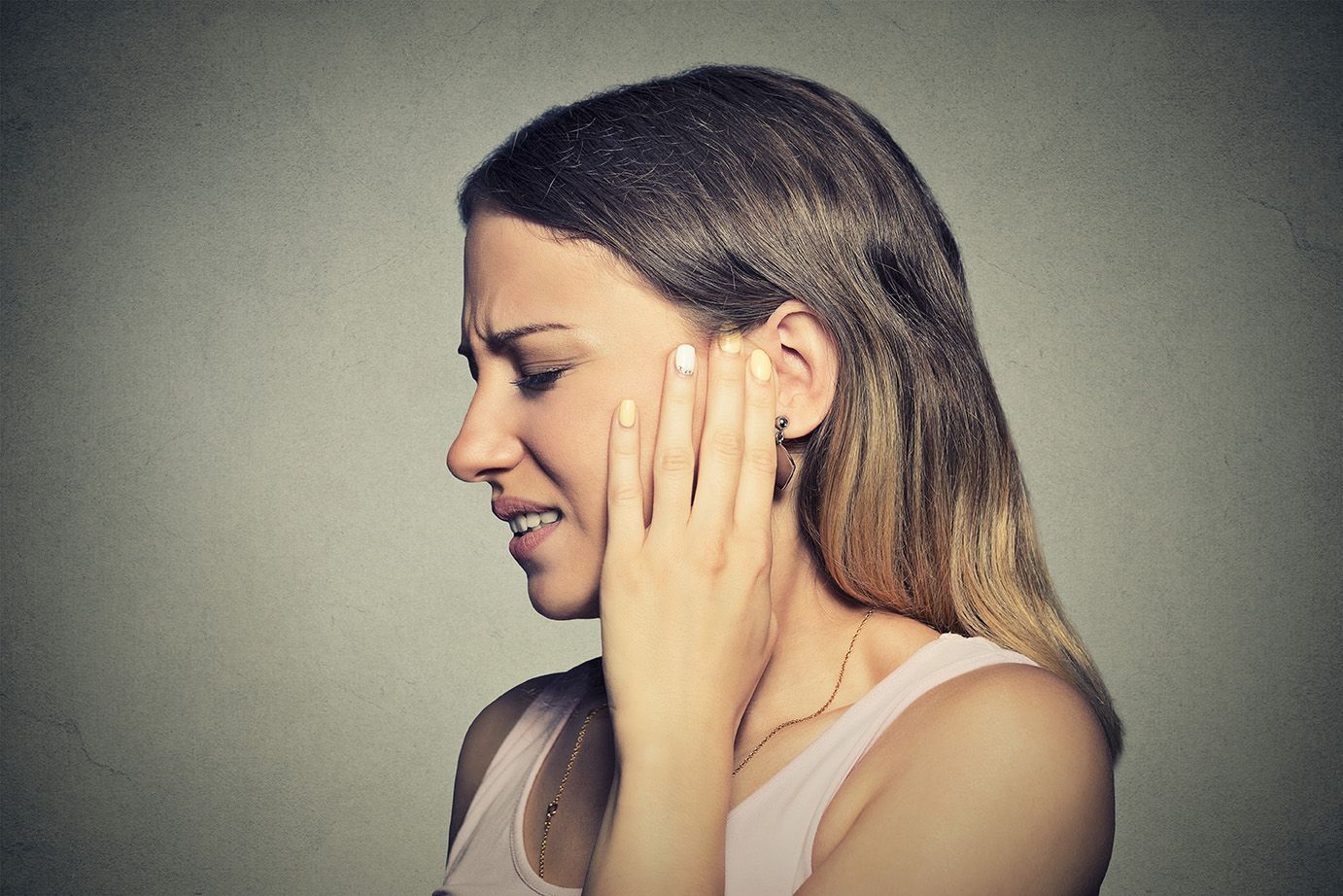Dental Damage and Bruxism
 Do you wake up with aching jaws? What about tooth pain? Have you ever chipped a tooth? All of these things can be caused by teeth grinding, otherwise known as bruxism. This condition can lead to a host of serious oral health issues.
Do you wake up with aching jaws? What about tooth pain? Have you ever chipped a tooth? All of these things can be caused by teeth grinding, otherwise known as bruxism. This condition can lead to a host of serious oral health issues.
Fortunately, our team at Premier Dental and Implant Center in Orland Park, IL offers a wide range of dental services, including bruxism treatment. Today, we discuss dental damage and bruxism, and explore how to prevent and treat this condition effectively.
What Causes Bruxism?
Teeth grinding can be caused or exacerbated by a number of factors, including:
- Excessive stress
- Dental misalignment
- Certain medications
- Sleep apnea or other similar disorders
Common Conditions Caused by Teeth Grinding
Bruxism can be either acute or chronic, mild or severe. If left untreated, it can lead to a wide range of oral health issues, which we will explore in the sections below.
Tooth Erosion
As you continue to grind your teeth together over time, they can become worn down. When the enamel wears thin, your teeth become more susceptible to sensitivity and decay.
To treat tooth erosion, our team may recommend preventative treatments. This may include the use of desensitizing toothpaste or a custom night guard.
If severe discomfort is an issue, we can also recommend restorative procedures, such as dental bonding or dental crowns, to protect the teeth and provide reinforcement.
Fractured Teeth
When the teeth are subjected to excessive pressure, it can lead to chipping, cracks, or fractures. This can weaken the structure of the teeth and make them more vulnerable to further damage.
We offer several treatments for a chipped or fractured tooth. The procedure recommended for you will depend on the extent of the damage. Minor chips and cracks can be repaired with dental bonding, which involves the application of composite resin. Larger fractures may require porcelain veneers or dental crowns. Both of these are custom-crafted to blend in with your smile.
TMJ Disorder
One of the most common symptoms of bruxism is TMJ (temporomandibular joint) disorder. While grinding your teeth, your jaw joints can become fatigued as they try to work over time. Patients with this condition may develop jaw, neck, shoulder, or back pain, as well as headaches, earaches, tinnitus, and orofacial pain.
If detected early, a custom mouth guard can protect the teeth from excessive pressure, therefore alleviating jaw tension. In some cases, a specialized oral appliance can be fabricated to place the jaw in a more favorable position.
Gum Recession
Teeth grinding can actually cause gum recession to occur at a faster rate. As a result, the roots of the teeth are left exposed. This significantly increases the risk of cavities and also leads to heightened tooth sensitivity.
To treat gum recession, we may recommend dental bonding, a gum grafting procedure, or a combination of the two. It is important to properly cover the exposed roots and keep the surrounding tissue healthy to prevent further issues.
Contact Us for More Information
If you suffer from bruxism, it is important to have your teeth and gums assessed by a dental professional. By detecting the problem early, you can prevent more invasive, costlier treatments later on. To schedule a consultation at our practice, contact us online anytime or call our office at (708) 873-9709.

